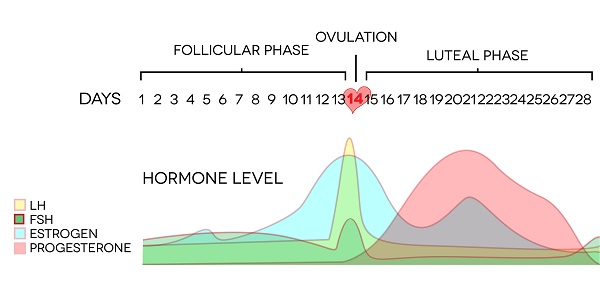If you just had a rather short menstrual cycle, then you have every right to be alarmed. A short period is definitely not normal; but it is not that life-threatening as well. However, it is important that you know why it occurs and what you should do to keep it from happening again. Here are the common reasons:
1. Hormonal changes brought about by breast-feeding and pregnancy.
Breast-feeding mothers need not be alarmed if their menstrual period is a little shorter than usual. It will come back to its regular state in time. However, for those who are not breastfeeding, the possibility of being pregnant is there.
2. Bulimia, anorexia, and other eating disorders.
Eating disorders are the most common causes of short periods. If you know for a fact that you suffer from any one of these syndromes, you can regard a shorter period to be its complication.
3. Excessive exercising and extreme weight loss.
If you have just gone through a crash diet or are subjecting yourself to a very strenuous series of workout, then you can expect your menstrual period to be a few days shorter than usual. Do note that these activities can directly affect your monthly cycle.
4. Use of birth control pills.
Certain birth control pills work in such a way that it regulates a woman’s menstrual. Ask your doctor if this is the usual side effect of your pill. If it is and you are a little concerned, don’t hesitate to ask for an alternative.
5. Diseases in the reproductive system.
Another common reason why women have an abnormally shorter menstrual period is because of a dysfunction in their reproductive system. Diseases such as the Polycystic Ovary Syndrome, Premature Ovarian Failure, Pelvic Inflammatory Disease, and Uterine Fibroids are the common culprits of this problem.



